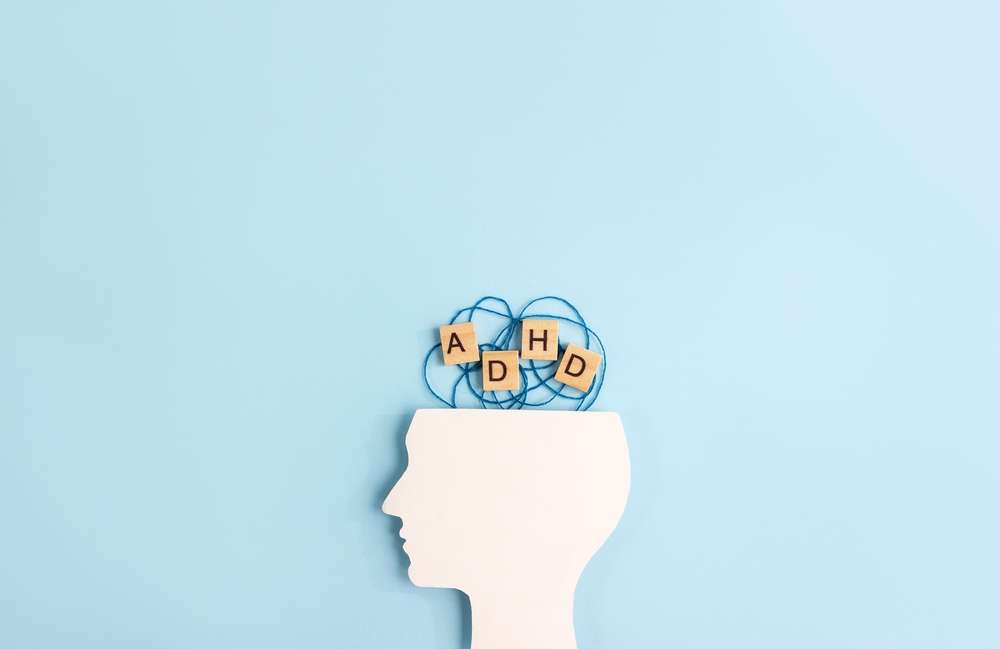Understanding ADHD Testing: A Complete Guide
Attention Deficit Hyperactivity Disorder (ADHD) affects millions of people worldwide, yet many remain undiagnosed. Proper testing and evaluation are crucial steps toward understanding your symptoms and accessing appropriate treatment options. This comprehensive guide explores the testing process, who can benefit from evaluation, and the important signs that indicate it might be time to seek professional assessment.

Attention Deficit Hyperactivity Disorder affects approximately 5-10% of children and 2-5% of adults globally. Despite its prevalence, many individuals go undiagnosed for years, struggling with symptoms that impact their daily lives, relationships, and professional success. Understanding the testing process and recognizing when evaluation might be beneficial can be transformative for those experiencing ADHD-related challenges.
What Is an ADHD Test?
An ADHD test is not a single assessment but rather a comprehensive evaluation process conducted by qualified healthcare professionals. The diagnostic process typically involves multiple components, including clinical interviews, behavioral assessments, psychological testing, and sometimes medical examinations. Mental health professionals use standardized criteria from the Diagnostic and Statistical Manual of Mental Disorders (DSM-5) to determine whether symptoms meet the threshold for ADHD diagnosis.
The evaluation process often includes rating scales completed by the individual, family members, teachers, or employers. These assessments help professionals understand how symptoms manifest across different environments and situations. Cognitive testing may also be incorporated to assess attention, memory, and executive functioning skills.
Who Can Take an ADHD Test?
ADHD testing is available for individuals of all ages, from young children to older adults. Children as young as four years old can be evaluated, though diagnosis becomes more reliable as children develop and symptoms become more apparent in structured settings like school. Many adults seek evaluation later in life, particularly after their children are diagnosed or when life demands increase.
Healthcare providers who can conduct ADHD evaluations include psychiatrists, psychologists, neurologists, and some primary care physicians with specialized training. The choice of professional often depends on individual needs, insurance coverage, and local availability of specialists.
Why Is It Important to Take an ADHD Test?
Obtaining a proper ADHD evaluation serves multiple important purposes. First, it provides clarity and validation for individuals who have struggled with unexplained difficulties in attention, organization, or impulse control. An accurate diagnosis opens doors to evidence-based treatment options, including behavioral interventions, medication, and lifestyle modifications.
Early diagnosis and intervention can prevent secondary problems such as academic failure, relationship difficulties, low self-esteem, and mental health complications. For adults, diagnosis often explains lifelong patterns of challenges and provides a framework for developing effective coping strategies. Additionally, formal diagnosis may qualify individuals for workplace accommodations or educational support services.
Signs You Should Take an ADHD Test
Several indicators suggest that ADHD evaluation might be beneficial. Persistent difficulty maintaining attention during tasks, frequent careless mistakes, and problems following through on instructions are common signs. Individuals may also experience challenges with organization, time management, and remembering daily activities.
Hyperactivity symptoms include restlessness, difficulty sitting still, excessive talking, and feeling driven by an internal motor. Impulsivity may manifest as interrupting others, difficulty waiting turns, or making hasty decisions without considering consequences. These symptoms must be present across multiple settings and significantly impact daily functioning to warrant professional evaluation.
| Service Type | Provider | Cost Estimation |
|---|---|---|
| Comprehensive ADHD Evaluation | Licensed Psychologist | $1,500 - $3,000 |
| Psychiatric Assessment | Psychiatrist | $800 - $2,000 |
| Primary Care Screening | Family Doctor | $200 - $500 |
| Online Assessment Tools | Digital Platforms | $50 - $300 |
| Neuropsychological Testing | Neuropsychologist | $2,000 - $4,000 |
Prices, rates, or cost estimates mentioned in this article are based on the latest available information but may change over time. Independent research is advised before making financial decisions.
The ADHD testing process typically takes several hours spread across multiple appointments. Initial consultations involve detailed history-taking, while subsequent sessions may include standardized testing and behavioral observations. Many insurance plans cover ADHD evaluations when conducted by licensed professionals, though coverage varies significantly.
Understanding ADHD testing empowers individuals to make informed decisions about their mental health. Whether you’re a parent concerned about your child’s behavior or an adult recognizing patterns in your own life, professional evaluation can provide valuable insights and open pathways to effective treatment and support.
This article is for informational purposes only and should not be considered medical advice. Please consult a qualified healthcare professional for personalized guidance and treatment.




